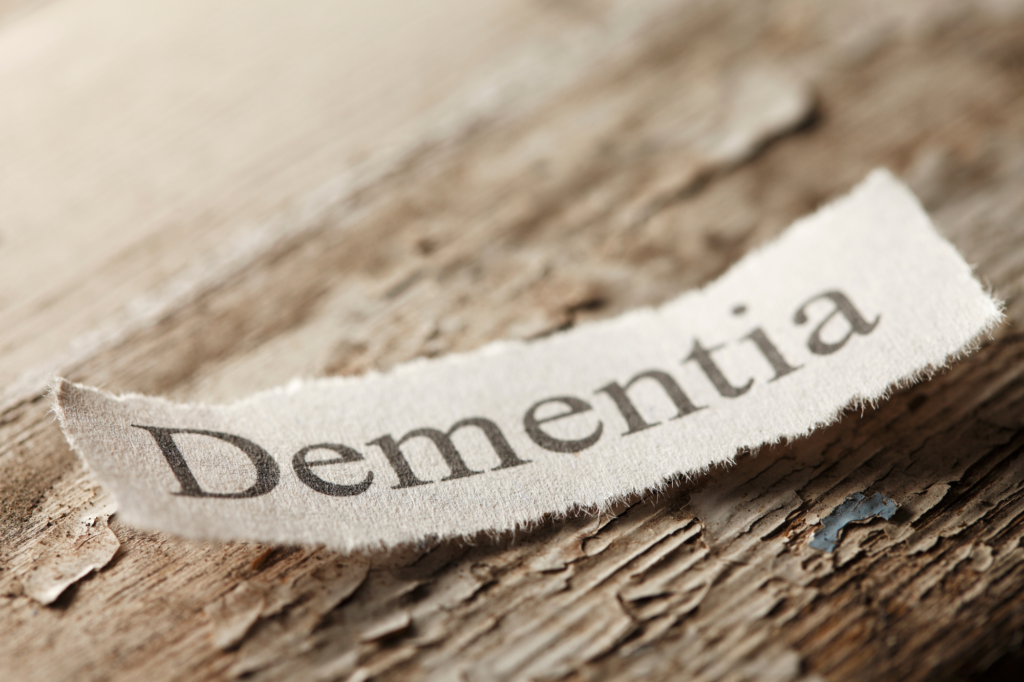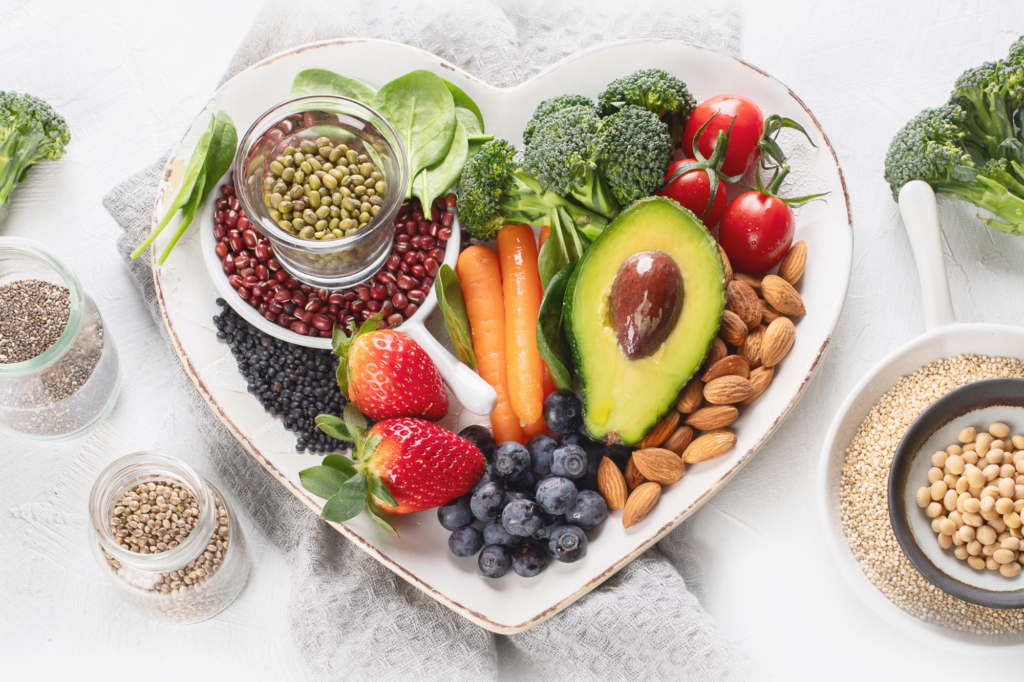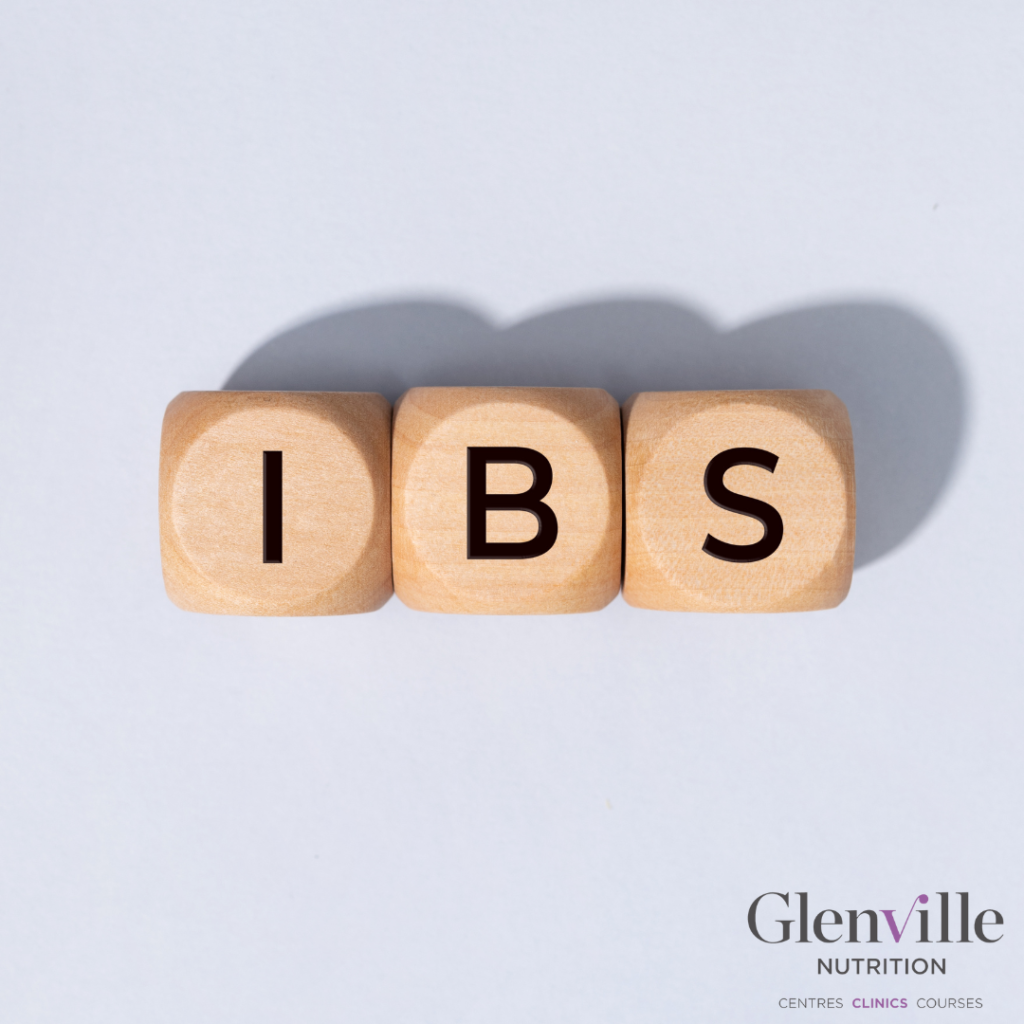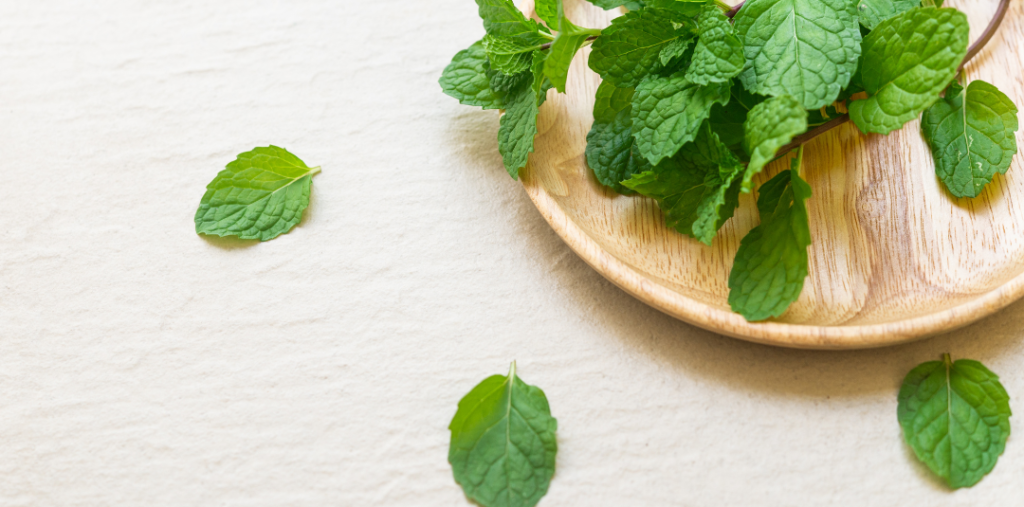If you’re a hay fever sufferer you’ll know how the unpleasant symptoms of a runny nose, sore scratchy eyes and sneezing can make the summer months a misery. But interesting research has found that the food you eat may be increasing your risk of these unpleasant symptoms.
For many years research has shown that fruit and vegetables contain remarkable substances called antioxidants that can help fight infection and disease. But now it seems that the health and immune boosting benefits of five fruit and vegetables a day can also extend to allergies like hay fever too.
A few years ago, a study asked parents of 690 children aged one to eighteen to fill in detailed questionnaires about their children’s eating habits. The children were tested for the 10 most common allergies and those who ate the most fruit and vegetables had up to 60 percent lower risk of developing hay fever. Top of the menu were tomatoes, oranges, apples and grapes. More research needs to be done but another study carried out on 334 people, suggested that EPA (an omega-3 fatty acid found in oily fish like mackerel and sardines, as well as nuts, seeds and legumes) can reduce risk of hay fever.
In addition, certain foods have been found to cross react with pollens, making symptoms worse. For example, if you’re allergic to birch pollen, your hay fever may be made worse by apples. The key is knowing exactly which pollens you’re allergic to so you can tailor your diet. You can have a blood test for inhalant allergens to check what you are allergic to.
If you are interested in having this done, it can be the clinic so call 01892 515905 and ask to do the Inhalant Panel. This comprehensive blood panel tests for tree pollens including walnut, birch, elm, maple, oak; grass pollens including orchard, timothy, rye, meadows; weed pollens including ragweed, plantain, lamb quarters, Russian thistle; moulds and dog dander, cat dander, cockroach and dust mites.
Here are some typical pollen and food combinations that may make your symptoms worse:
- Birch – March to May
- Triggers: Celery, curry spices, raw tomato, raw carrot, apples, pears, kiwi
- Grasses – May to August
- Triggers: Oats, rye, wheat, kiwi, raw tomato
- Weed – May to August
- Triggers: Raw carrots, curry spices
- Mould – September to October
- Triggers: Yeast
Once you establish exactly what kind of pollen you are reacting to, remove the foods known to cross-react with it from your diet for a week to ten days and take note of your symptoms. Then gradually reintroduce one food at time to see what the effect is. This is important because a number of foods associated with pollens are full of good nutrients, so you want to cut out as few of them as possible.
If you notice that your symptoms return after reintroducing a certain food eliminate that food for the season, then go back to eating it once the pollen season is over. Do bear in mind that this is not a cure-all and not everyone with hay fever is affected by foods. The good news, however, is that the great majority of pollens are only around for up to three months maximum, so you don’t need to give up these foods forever. And in some cases, such as tomatoes and apples, cooking will destroy the substance that is triggering the reaction.
Send pollen packing:
In addition to the dietary advice above, if you’re allergic to a pollen and have a problem with hay fever, try the following suggestions:
Use a tumble dryer: Try not to hang your laundry out on a line to dry because it will pick up pollen. Using the dryer may not be energy efficient, but it can help cut down on hay fever symptoms during the months that you are most prone to them. If you must put it outside, do so between 10am and 3pm when the count is lowest. After your pollen season is over you can go back to using the washing line.
Shut it out: Keep pollen out of your bedroom by getting undressed in the bathroom and showering before bed. Keep windows closed at peak pollen times, from late afternoon to early morning, and check local pollen-count forecasts.
Change your exercise routine: Regular exercise boosts your immunity to hay fever, so be sure to work out at least 30 minutes a day. Sadly, outdoor activity increases your risk of symptoms. In general, pollen counts are highest in the early morning and decline through the day so consider planning your outdoor walk, run or bike for late morning or late afternoon. If pollen counts are really high consider exercising indoors that day.
Wear sunglasses: If you have to be outdoors when pollen counts are high, make sure you wear sunglasses. They will act as a barrier to prevent pollen getting into your eyes.
Hoover up: Vacuum the carpet every couple of days and dust with a damp cloth. Pollen can survive indoors for up to three months.
Say yes to nutrients: Studies have shown that vitamin C and quercetin have both been found to significantly reduce symptoms.
Visit the seaside: Many people find symptoms disappear on the coast because sea air is less polluted and onshore breezes blow pollen inland.
Don’t let smoke get in your eyes: Not surprisingly, smoking aggravates symptoms; plus children exposed to more than 20 cigarettes a day are three times more likely to develop allergies like hay fever than those who are exposed to none.
If you would like to explore whether a consultation with an expert nutritionist at the Glenville Nutrition Clinic could help you, please contact us on 01892 515 905 or send us an email at reception@glenvillenutrition.com







